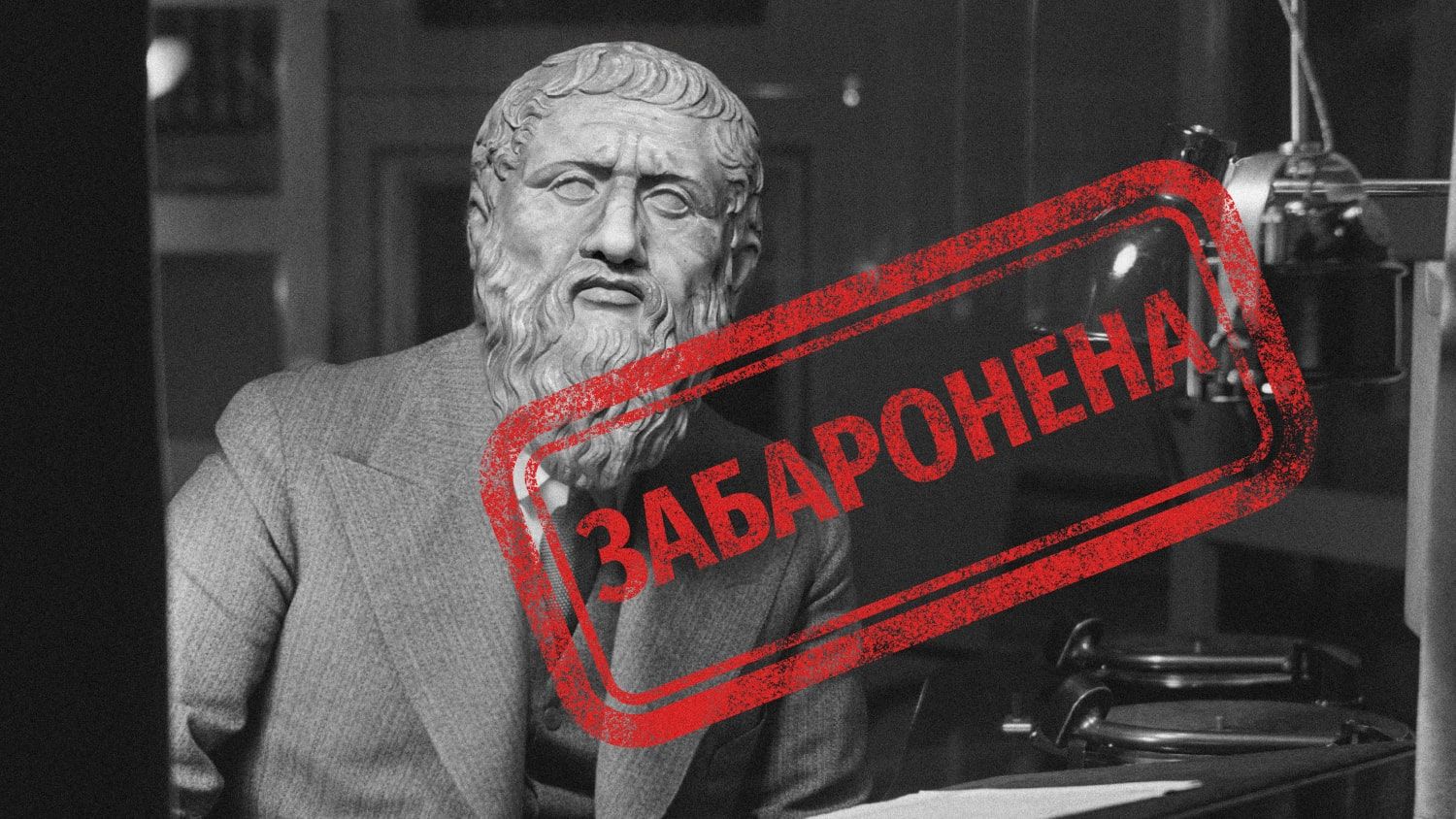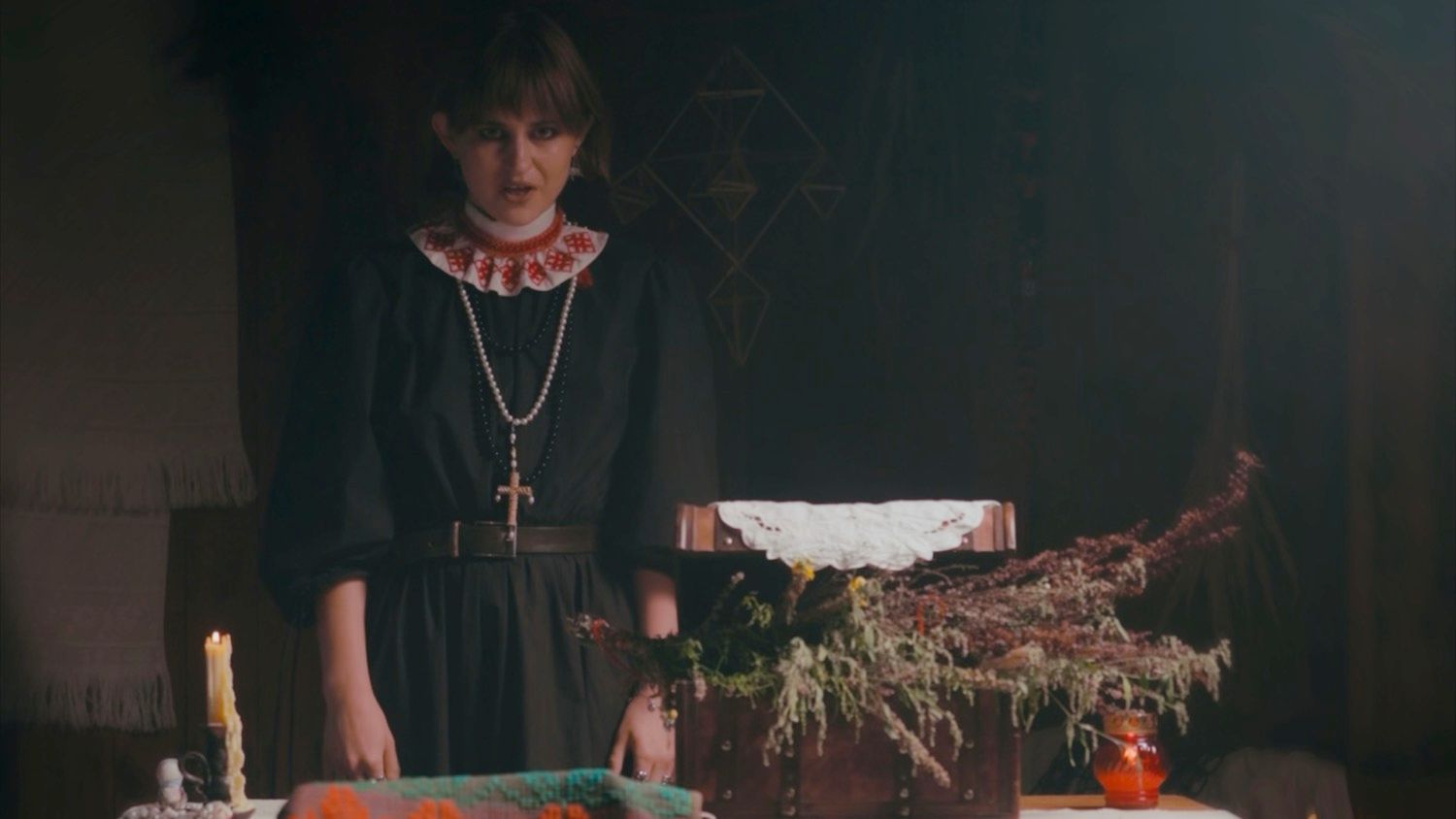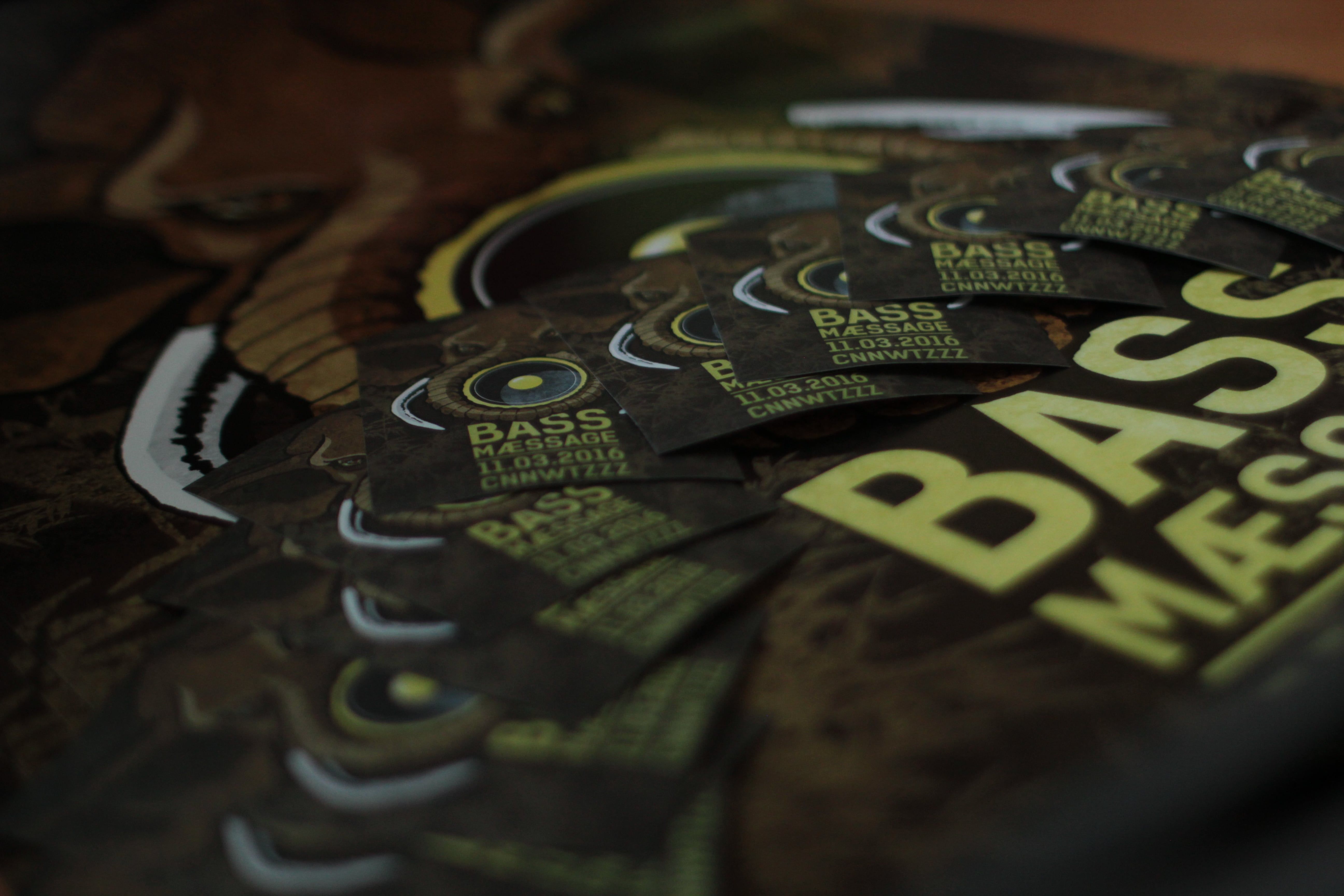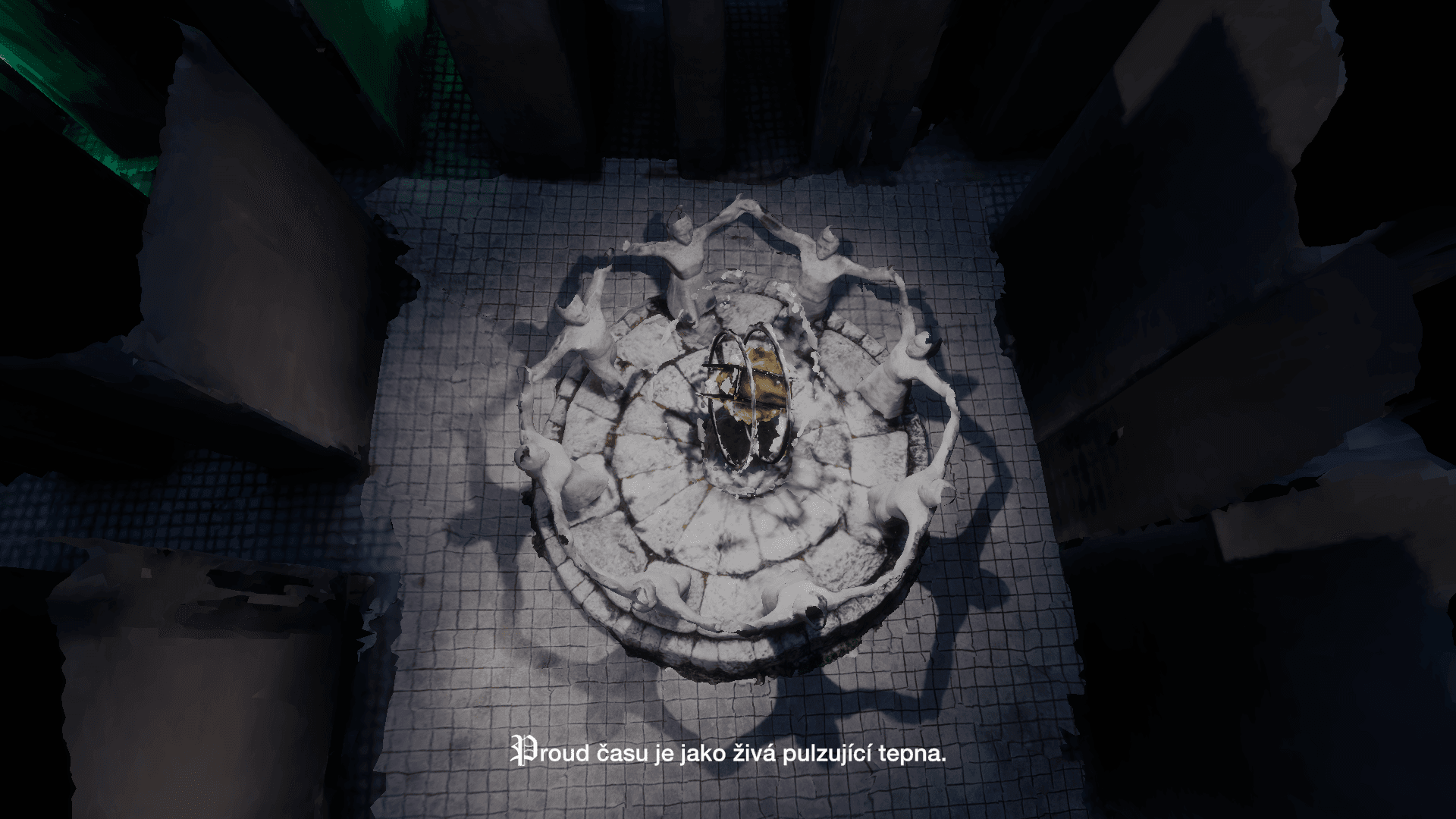Schedule
04:00 - 06:00
Italo Moda
Playlist
proto disco / musiko belíssimo / nu wave
06:00 - 07:00
Punk Horkaha
Playlist
Fast and furious guitar drive
07:00 - 09:00
Workflow
Playlist
slacking jukebox / workabillly
09:00 - 10:30
Dram Teatr
Playlist
atmospheric / liquid / light jungle
10:30 - 12:30
Workflow
Playlist
slacking jukebox / workabillly
12:30 - 14:00
Jazz Stories
Playlist
from fusion to modern broken beat
14:00 - 15:00
Suzorje
Playlist
fine selection of Belarusian music by Schmoltz
15:00 - 16:00
Dubwise
Playlist
Dub Blaster / Reverbed Flow / Jah Goodies
16:00 - 17:00
Boogie
Playlist
Oldies / Disco / Rare Grooves
17:00 - 23:00
Pizza Downtempo
Playlist
laidback beats / dream pop / post nonsense
23:00 - 04:00
Niamiha
Playlist
limbo / sleepless ambient / stoned existence
Connecting to the server...



